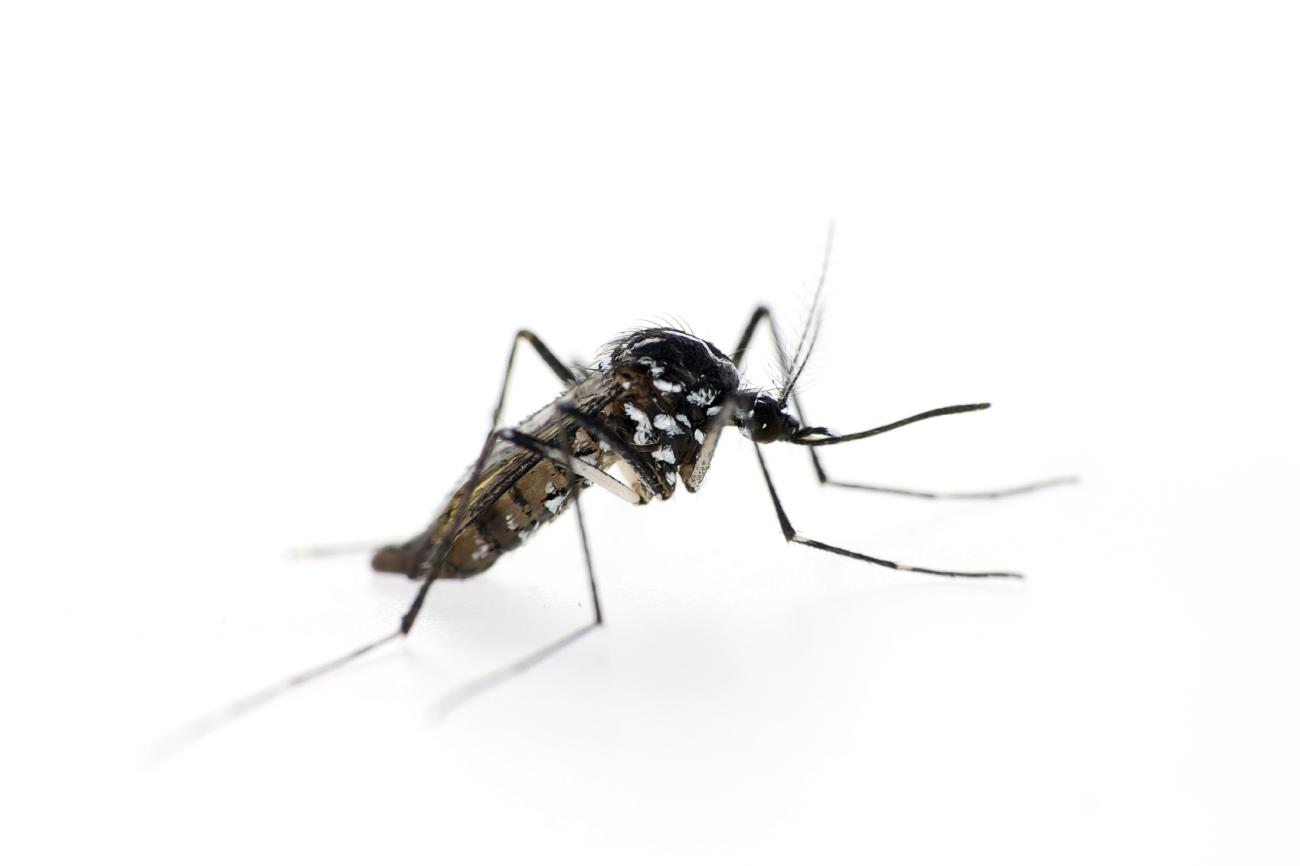
Mosquitoes have been around for more than 100 million years and they play an important role in our ecosystem, but… that doesn’t mean we have to like them! Mosquitoes can bite, make us itch and worse…they can spread disease.
We’ll never be able to eliminate all mosquitoes. Spraying insecticide is only a short-term solution to long-term nuisance problems. Wake County does NOT operate a spraying program. It takes a greater effort from all of us in the community to prevent or at least reduce mosquito problems.
Mosquito eggs need only a few days in water to hatch and then they become adults in just two weeks! So, the best way to prevent mosquitoes from breeding is by eliminating the standing water where they lay their eggs. Do your part and ask your neighbors to do their part using these Top 10 Tips:
- Tip and toss standing water from ANY containers, buckets, wading pools, dishes under flowerpots, old tires, wheel barrels or anything else that holds water!
- Clean rain gutters
- Flush water out of bird baths at least twice weekly (the birds will appreciate the fresh water!)
- Fix dripping hoses and faucets; checking sprinklers for standing water.
- Make sure water can drain from ditches – If it can’t, use a chemical larvicide like Mosquito Dunks, available at hardware or garden stores. They’re placed in standing water and prevent mosquito eggs from hatching. Follow the product label.
- Secure rain barrels with screens and sealing openings around pipes, door screens, etc., with rubber gaskets or caulking.
- Consider pond fish. These are fish that eat a lot of insect eggs in ponds. You can buy them at pet stores. Be careful not to put these fish into water that drains into streams or rivers. They can harm other fish and wildlife.
- Thin shrubs and cut tall grass and weeds. This will also help reduce mosquitoes, as they inhabit cool, shady areas to escape hot temperatures that can be deadly to mosquitoes. Mosquitoes love English Ivy!
- Add a bat box. Bat boxes are homes for bats. One bat can eat up to 600 mosquitoes in one hour!
- Pay or hire someone to spray insecticides around your home. These insecticides can drift during spraying. Please talk to your neighbors about your plans before spraying, as some can have reactions to the spray. Some sprays may also kill needed insects like beetles, lady bugs, honeybees and lacewings as well as fish. These insecticides should not be allowed to get on fruits and vegetables that will be eaten.
How can I prevent mosquito bites?
To protect yourself and your family from mosquito bites, follow these simple steps:
- Use air conditioning or install window and door screens to keep mosquitoes outside. If you are in an area with indoor mosquitoes, sleep under a mosquito bed net.
- If possible, wear long-sleeved shirts, long pants and socks.
- Treat clothing with permethrin or purchase clothes that are already treated with permethrin.
- Use an EPA registered insect repellent like DEET on your skin:
- If you need both sunscreen and repellent, apply them separately, with sunscreen first and then repellent.
- There's no need to apply repellents to skin under clothing.
- Follow the product label instructions when using repellents.
- More information about insect repellent use and safety
Do mosquitoes spread disease?
In North Carolina, mosquitoes can carry West Nile Virus, Eastern Equine Encephalitis and La Crosse Encephalitis. While most people experience mild or no symptoms with these diseases, a few can become seriously ill. Symptoms may include sudden:
- Headaches
- High fever
- Chills
- Vomiting
If these illnesses progress, they can lead to seizures, coma, brain damage or even death. Individuals traveling outside of North Carolina may be at risk of contracting other mosquito-borne diseases such as Zika Virus, Dengue, Malaria and Chikungunya. You can learn more about these and other travel-related diseases from the Centers for Disease Control and Prevention.
Where do mosquitoes breed?
- Mosquito eggs require only about four to five days in still water to hatch and can develop into adult mosquitoes within two weeks!
- Mosquitoes lay their eggs in water collected in various objects around our homes, including rain barrels, buckets, tires, birdbaths, swimming pools, ornamental ponds, pet bowls, gutters and natural areas like ponds, ditches, puddles and wetlands.
Whom can I call if I need more information or have questions about mosquitoes?
- For inquiries about diseases transmitted by mosquitoes, you can call:
- Your doctor
- The Communicable Disease staff at Wake County Health & Human Services at 919-250-4462
- The Communicable Disease Section of the NC Division of Public Health at 919-733-3419.
Where can I get more information?
- Mosquitoes and Ticks pocket guide English | Spanish
- Stop mosquitoes from breeding around your home! (WCHHS)
- Healthy Traveling brochure (WCHHS)
- Traveler's Health (CDC website)
- Mosquito-borne Illness in NC (NC DHHS)
- Going to the American Tropics? (CDC)
- Pregnant? Protect yourself (CDC)
- Were you recently in the American Tropics? (CDC)
- What to know before you go (prevent bug bites) (CDC)
- Sick with Chikungunya, Zika or Dengue? (CDC)
